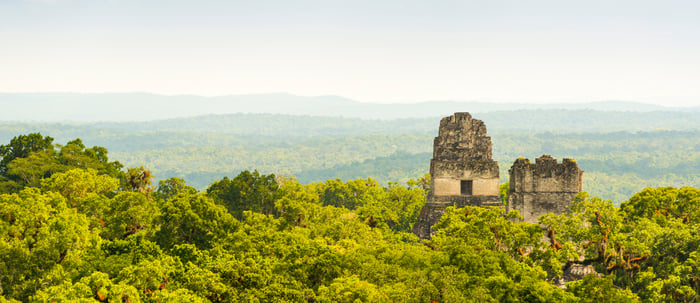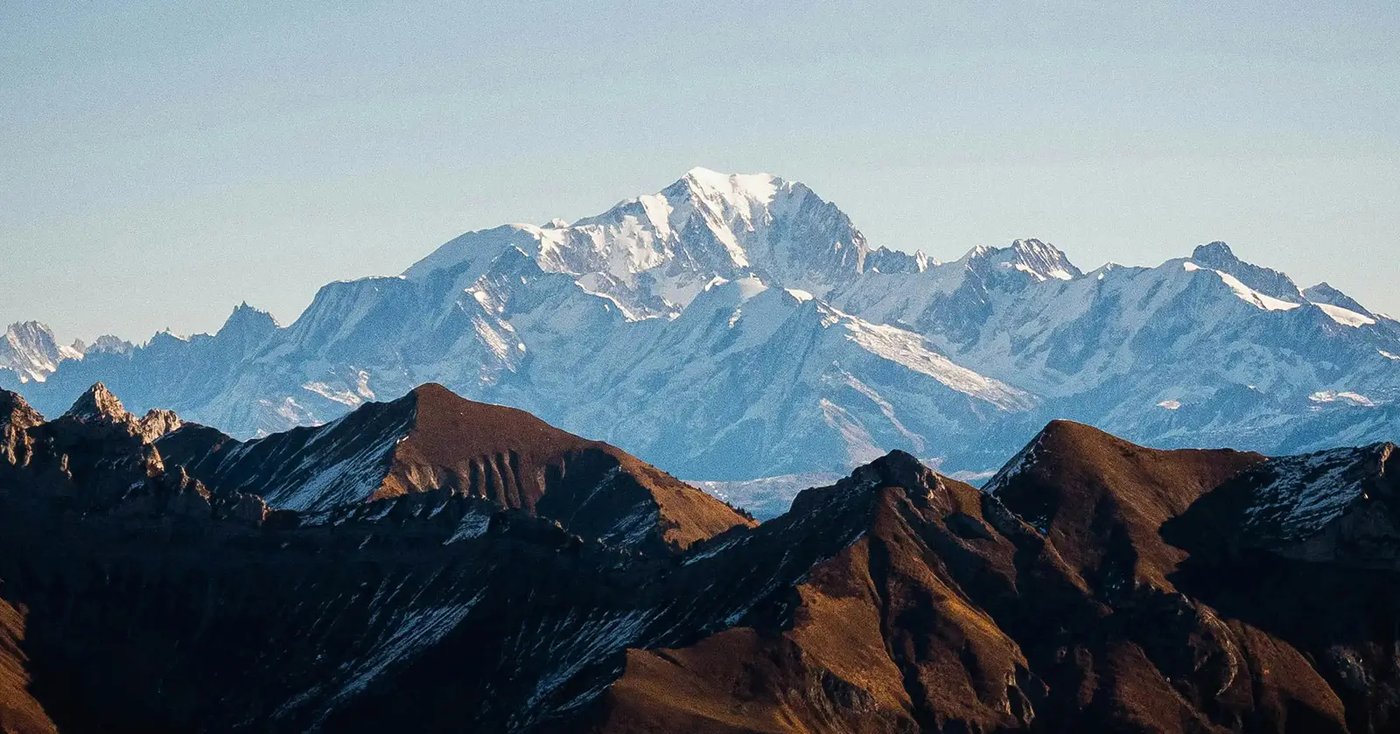The sunlight breaking across the surface of the turquoise water above, the moss covered rocks and colourful coral below, the sea life moving in a graceful ballet all around… The only sounds are the gentle waves softly lapping against it all, and your own breathing in your ears. It’s a whole different world, mere feet beneath the surface of the ocean. And it’s pure magic when you have on snorkel gear, and are swimming with sea turtles all around you.
The chain of Pacific Ocean islands that make up the Galapagos is famous for its inspiration of Charles Darwin’s theory of evolution and natural selection. Animals here have evolved and adapted to survive in ways found nowhere else on earth. One of the most unusual aspects of Galapagos wildlife is how unafraid of people they are. Because they are protected and mostly have no natural predators, they really fear little and see no threat from humans in modern times. They do not flee — there is no searching and waiting to spot wildlife. It is right there in front of you; a sea lion will allow you to walk right up to it, or sometimes will even be the one to approach you. On many islands you have to watch where you walk, or you might step on one of the thousands of iguanas that won’t bother to get out of your way.

And when you are snorkelling in the Galapagos waters, one of the most thrilling adventures to have here, the sea turtles will swim all around you, completely unperturbed by your presence. Immersed in the other-worldly cocoon of the sea, it’s easy to become one with the pods of turtles that live in these waters.
On this day at Puerto Egas on the island of Santiago, I chose two turtles who seemed to be playing together, and I followed them for nearly an hour. Although the famous, huge Galapagos land tortoises seem clunky and slow, these sea turtles were magnificently graceful, twirling and flipping adeptly through the waves and around the reef.
The Galapagos green sea turtle is one of the largest turtles in the world, weighing up to 700 pounds. They have a small, delicate head and a rather beautiful heart-shaped shell — actually called a carapace. Their flippers are large, which makes them powerful swimmers. Underneath the water, following these guys around (while occasionally poking my head above water to make sure I wasn’t straying too far from my group or boat!), their shells shimmered in the sunlight water, appearing to change colours from deep green to yellow, brown and blue depending on how deep they went, the light and the plants or coral around them. Generally, they stayed within four or five feet of the surface, and I later learned from our guide, Pepe, that the turtles warm themselves in the shallow waters and will even venture onto land to bask in the sun.
Every now and then one would stop and seem to notice me or take an interest in me. Perhaps it was just my imagination, but I would go completely still as they occasionally seemed to peer at me as if I was the interesting attraction that was providing them some entertainment for the day.

Sometimes they would stop to nibble at a particularly yummy-looking bit of seagrass or algae floating by. These creatures are mostly herbivorous, although the young turtles sometimes eat invertebrates like jellyfish or small crabs. The Galapagos colony of turtles is one of the largest in the East Pacific Ocean. Besides Santiago, they are found at Santa Cruz, Baltra Island and Isabela Island. While they live in the sea, they also go onto land to nest — the most dangerous time for them due to predators: other animals and humans.
Of course, human presence greatly threatens this and other species of the unique ecosystem. These turtles continue to be hunted and their eggs harvested, which is why the Galapagos National Park monitors them carefully. Park rangers have a permanent camp at Quinta Beach on Isabela Island, tracking and recording the activity of the turtles as they nest and hatch.
As visitors, it is imperative that we protect all the creatures here, and their habitat. As tempting as it was to reach out and touch the pair of turtles I was snorkelling with, I resisted the urge. Keeping a five foot distance on land, and out of reach in the water, is vital to keeping their habitat and way of life pristine.

When you snorkel in the Galapagos, sea turtles aren’t the only animals you’ll likely encounter. I swam right next to playful sea lions, a multitude of fish, eagle rays, penguins, and even iguanas. I didn’t know before my cruise of the islands that the iguanas here have learned how to swim, and do so expertly. What a crazy sight that is!
There are also so many other exciting wildlife adventures to be had in the Galapagos besides snorkelling, if you want to diversify your adrenaline rush. Many live-aboard boats and tour operators focus strictly on scuba diving, and there are many opportunities for kayaking, rides on the fun zodiac inflatable boats, fishing and even surfing. One of the best ways to have wildlife encounters and do some serious birdwatching is on nature hikes of the islands’ beaches, volcanoes, lava fields, cliffs and mangrove estuaries, where you’ll also discover some amazing scenic views. Spending a little time in the largest town, Puerto Ayora on Santa Cruz is always fun with its restaurants, bars, shops and fresh fish market where sea lions wait like dogs for a dropped scrap of fish. Santa Cruz is also where the Charles Darwin Research Station is located, a must visit.
On my day adventure snorkelling at Santiago Island, when I heard the call to come into shore, I reluctantly let “my” swimming companions travel on without me, admiring for a last time their elegant underwater manoeuvres as they disappeared into the waters beyond. Galapagos is, indeed, a magical place.
Classic Peru
Lima Cusco, Sacred Valley, & Machu Picchu Peru South America
- Discover Lima on a private tour
- Visit the Sacred Valley, touring the ancient Incan sites
- Marvel at the extraordinary ruins of Machu Picchu
- Explore Cusco, the archaeological capital of the Americas
Family Winter Adventure in Norway
-
Cruise picturesque fjords and ride Europe’s most scenic railway
-
Watch for the Northern Lights dancing across the night sky
-
Explore snowy landscapes on a husky sled or reindeer sleigh
-
Cruise along fjords to the North Cape
-
Spend a night at a snow hotel









